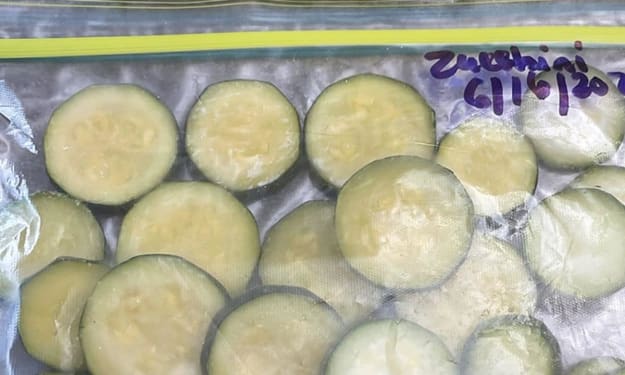TEMPEH: 5 CRAZY REASONS WHY WE LOVE IT
5 REASONS WHY WE LOVE TEMPEH

1. IT’S PLANT-BASED

A 2018 study that was published in the journal Science found that avoiding meat and dairy products is the single biggest approach to lessening your environmental impact on the earth. This is why plant-based diets are sweeping the globe.
Thankfully, you can now walk into almost any store and discover at least one meat substitute. We're not just talking about dried beans and lentils, though those are fantastic, either. The traditional foods like lentils and tofu, as well as the more recent arrivals like processed meat alternatives, all have a place in the market and on our plates, but tempeh also merits our attention. In fact, we think that Indonesian-made tempeh, an all-natural plant-based protein, has everything it takes to overtake other major protein sources in the world.
2. IT’S ALL-NATURAL
The Indonesian island of Java is where tempeh, pronounced tem-pay, was first discovered. To create it, soybeans (or any other legume, nut, grain, or seed) are cooked and fermented, resulting in a meaty block that is all-natural, full of protein, fiber, and essential micronutrients.
The protein level of the substrate rises, the fat content falls, and the nutrients in the substrate become much more easily absorbed by the body through the tempeh fermentation process.
For instance, the amount of protein absorbed by the body increases by 25% when soybeans are fermented into tempeh, and it even increases to 87% when buckwheat groats are used.
3. IT’S SUPER NUTRITIOUS
Tempeh is a complete protein source, meaning it has all nine of the essential amino acids that must be obtained from diet and that the body is unable to produce on its own.
Compared to eggs, tempeh has a higher protein content per 100 g than both cod and mackerel. It counts as one of your five a day because it has 2-4 times the fiber of an apple per 100 g. It is completely natural, little processed, and rich in micronutrients like calcium and iron.
In addition to being created with natural ingredients and being very nourishing, tempeh is also incredibly adaptable and simple to cook with (there are a ton of simple tempeh recipes!). Tempeh may greatly benefit from experimenting with various marinades, sauces, and spice blends because of its meaty, solid texture and excellent flavor absorption. It can be prepared in a variety of ways, making it suitable for a wide range of foods and cuisines. Cooked tempeh has a rich, meaty bite and is the ideal ingredient for practically any recipe, from stir-fries and curries to tacos, wraps, and pasta dishes, whether it is baked, grilled, steamed, or fried.
What a tasty and healthy way to give any meal a boost of protein and fiber!
4. It's very sustainable.
Not just because of its flavor, adaptability, and nutritional profile, tempeh makes a fantastic protein source. In comparison to meat, it is also a far more sustainable choice.
In comparison to beef, pork, and chicken, soy and tempeh emit 94%, 78%, and 62% less CO2.
It produces roughly 93% more protein per kilogram of CO2 emissions than beef, 77% more protein than pigs, and 64% more protein than chicken.
As the beans are fed directly to people rather than animals first, they also utilize less water and land than meat.
5. Its future is bright.
More and more people are searching for strategies to cut back on their consumption of animal products and increase the number of plant-based meals they eat each week without sacrificing flavor or nutrition.
We believe after checking into tempeh's qualifications that it may very well be just what they are looking for. We are eager to continue experimenting with this amazing cuisine since we genuinely believe that tempeh is the future of the plant-based business. We are excited to see what the upcoming years hold for us and tempeh since we think the potential of tempeh fermentation to revolutionize the meat-free industry is almost boundless.
Although there are many other aspects to take into account and turning plant-based isn't the only option to minimize emissions and your negative impact on the environment, cutting back on animal products can still have a significant impact.






Comments
There are no comments for this story
Be the first to respond and start the conversation.